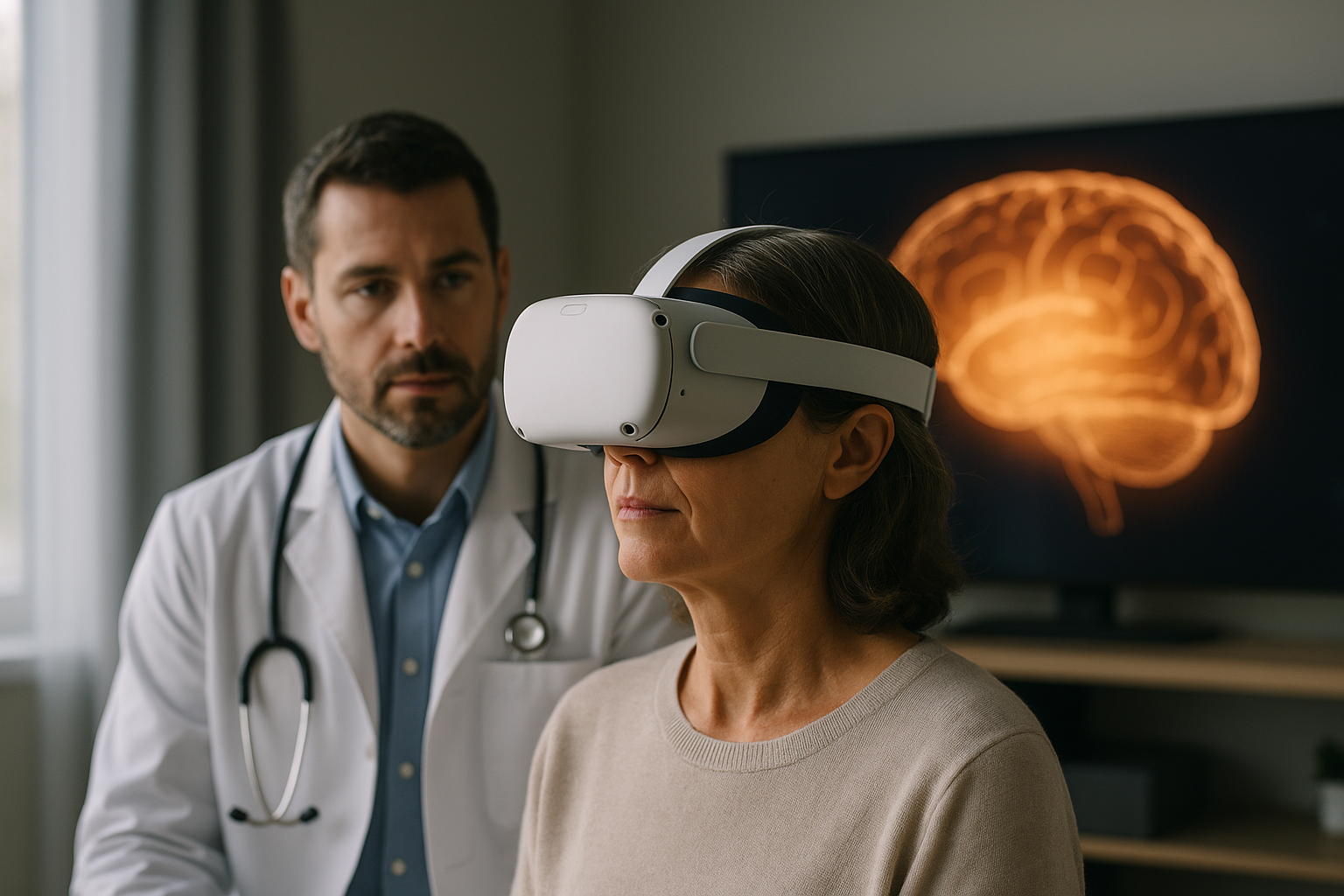Huntingtons Disease Treatment
Huntington’s disease is a hereditary neurologic disorder that progressively affects movement, cognition, and mood. Treatment focuses on managing symptoms, maintaining function, and supporting quality of life through coordinated care. Medical decisions are individualized and evolve as symptoms change; patients and families often work with a team of specialists to plan long-term care.

This article is for informational purposes only and should not be considered medical advice. Please consult a qualified healthcare professional for personalized guidance and treatment.
Understanding the disease progression
Huntington’s disease is a progressive genetic disease caused by a CAG repeat expansion in the HTT gene. Symptoms typically begin in adulthood but can appear earlier or later. Early signs often include subtle changes in coordination, involuntary movements (chorea), mood shifts, and difficulties with planning or multitasking. Over time motor symptoms, cognitive decline, and psychiatric issues usually increase in severity. Knowing the typical course helps families and clinicians anticipate needs, arrange appropriate monitoring, and plan interventions that aim to preserve independence and reduce risk of complications.
Medical treatments and medication options
Medical management targets the most troubling symptoms rather than offering a cure. For movement symptoms, medications such as tetrabenazine and deutetrabenazine are used to reduce chorea; these drugs require medical supervision for side effects. Psychiatric symptoms like depression, anxiety, and psychosis are commonly treated with antidepressants, mood stabilizers, or antipsychotics as appropriate. Sleep disturbances and irritability are treated symptomatically. Nutritional status and swallowing problems may need attention with supplements or feeding strategies. Medication choices are tailored by a neurologist or other medical specialist who balances symptom relief with potential adverse effects.
Healthcare team and multidisciplinary support
Optimal care for Huntington’s disease involves a healthcare team that may include neurologists, psychiatrists, genetic counselors, physiotherapists, occupational therapists, speech-language pathologists, dietitians, social workers, and primary care doctors. This multidisciplinary approach addresses motor function, mental health, communication, nutrition, and social needs. Local services such as specialized clinics or community neurologic rehabilitation programs can help coordinate ongoing care. Regular assessments permit timely adjustments to treatment plans and referrals to appropriate community resources, respite care, or legal and financial planning support as the disease progresses.
Role of therapy: physical, occupational, speech
Nonpharmacologic therapies play a central role in preserving function and safety. Physical therapy focuses on balance, strength, and mobility to reduce falls and maintain activity. Occupational therapy helps adapt daily tasks, recommend assistive devices, and modify the home environment to support independence. Speech-language therapy addresses swallowing safety and communication strategies as speech and eating can become progressively impaired. Exercise programs tailored to ability, task-specific training, and adaptive technologies often improve quality of life. Therapy plans should be personalized and adjusted over time to meet changing needs and goals.
When to see a doctor and genetic counseling
Early and ongoing communication with a doctor is important when symptoms first appear, when new issues arise, or when planning for future care. A neurologist familiar with movement disorders is typically central to medical management. Genetic counseling is recommended for anyone with a family history considering testing or planning a family; counselors explain inheritance patterns, testing options, and psychosocial implications. Advance care planning discussions with a doctor or palliative care team can clarify preferences for future medical decisions. Timely referrals and honest discussions help align medical care with patient and family priorities.
Conclusion
Treatment for Huntington’s disease centers on symptom management, multidisciplinary support, and planning for progressive needs rather than curative therapy. Combining appropriate medications, rehabilitative therapies, genetic counseling, and coordinated healthcare services helps address motor, cognitive, and psychiatric challenges while supporting quality of life. Regular review by a knowledgeable medical team and connection to community resources allow care plans to adapt as the condition evolves.






